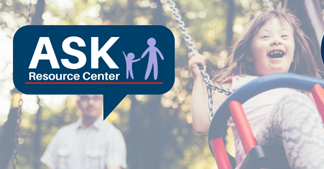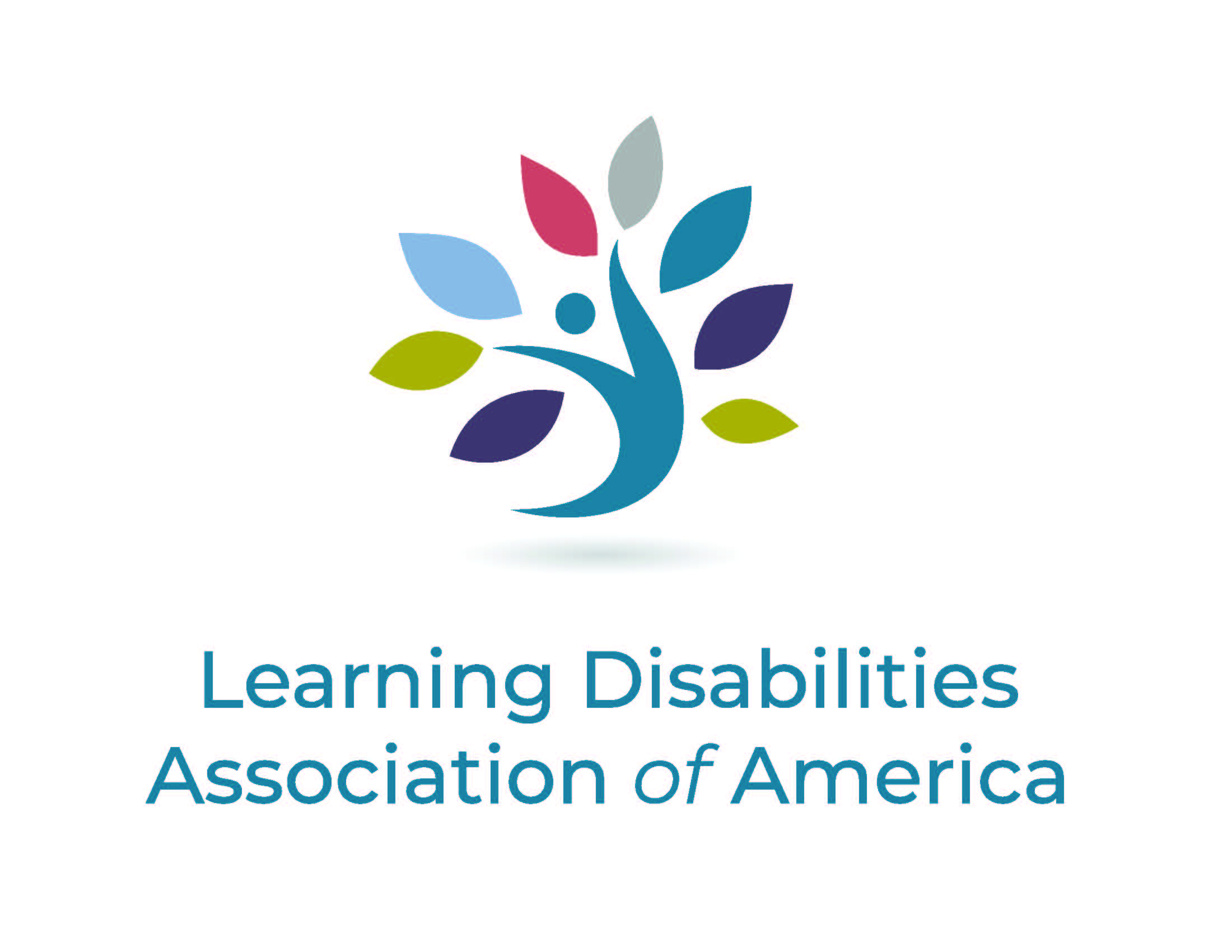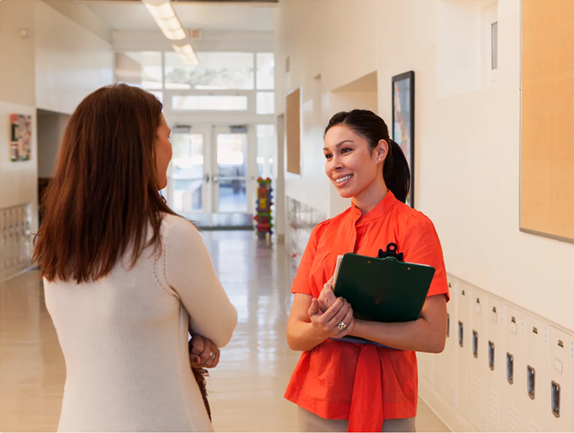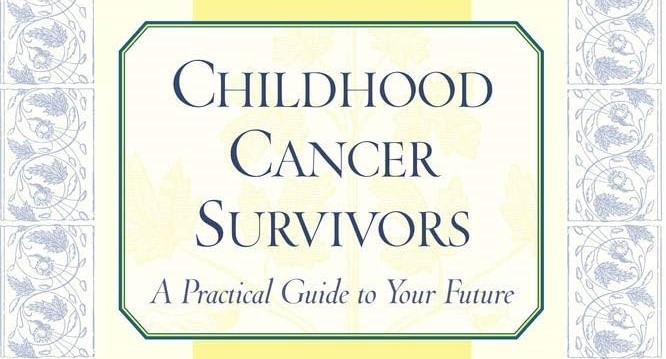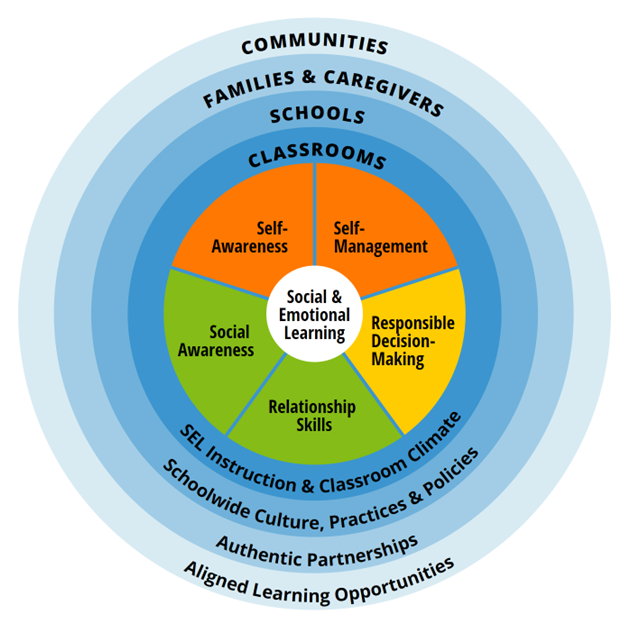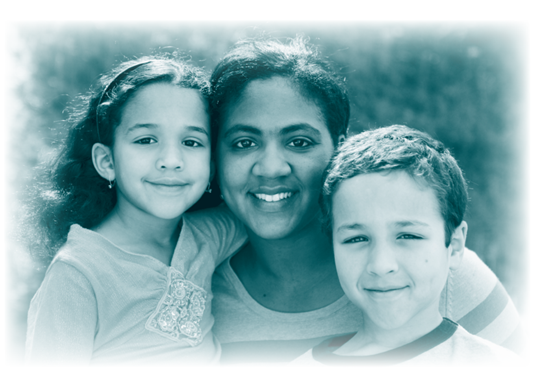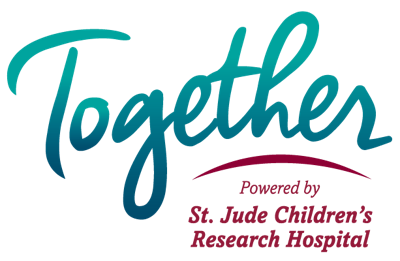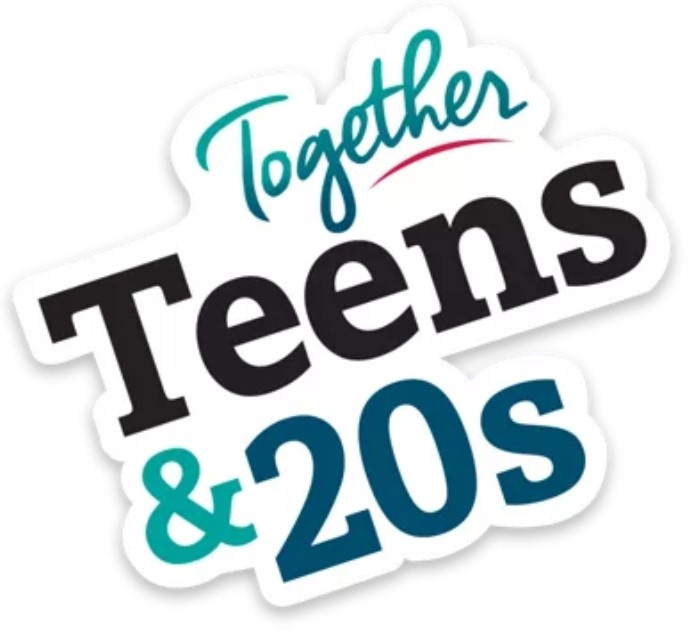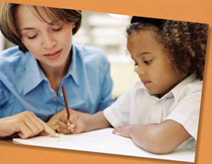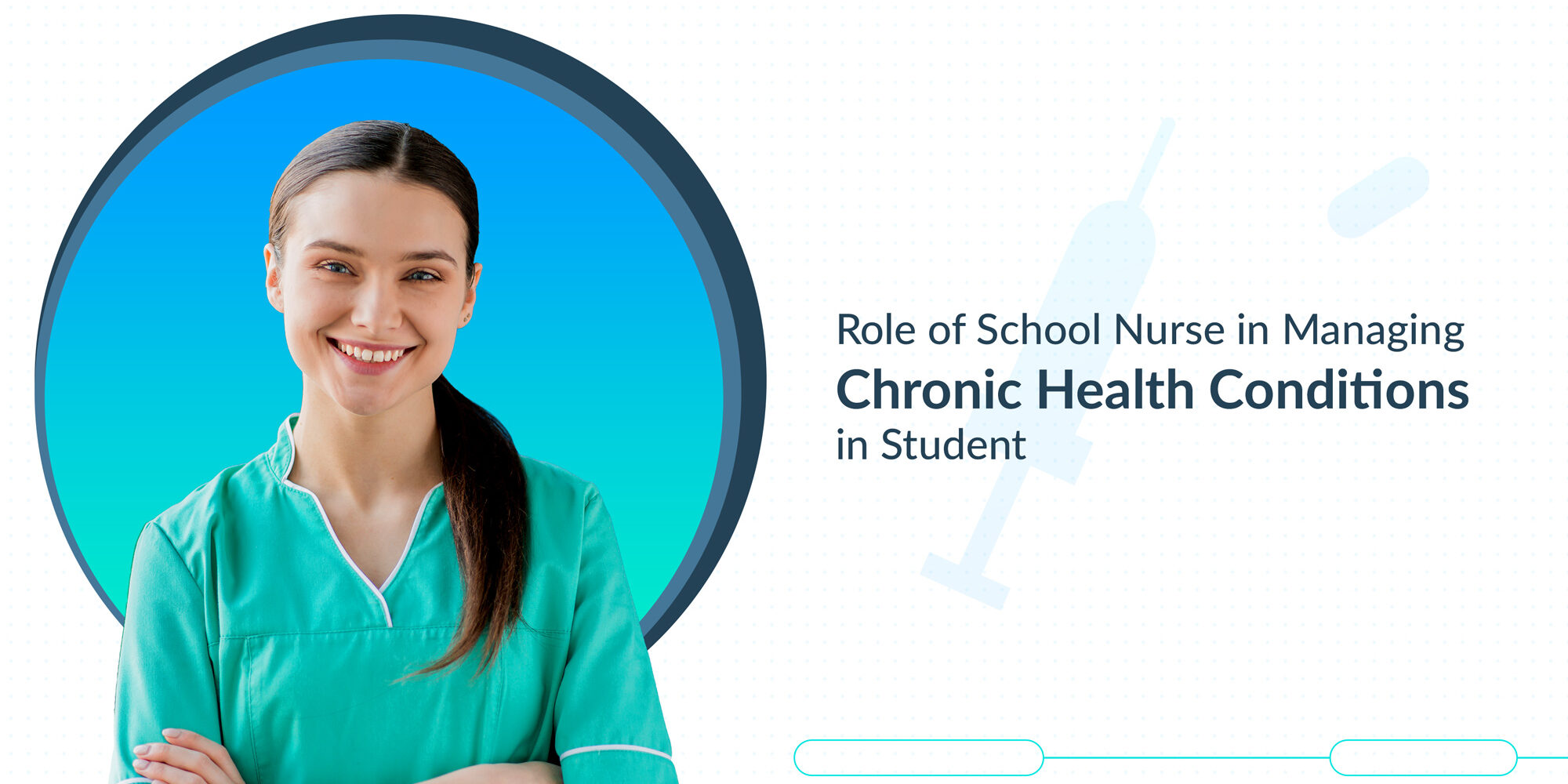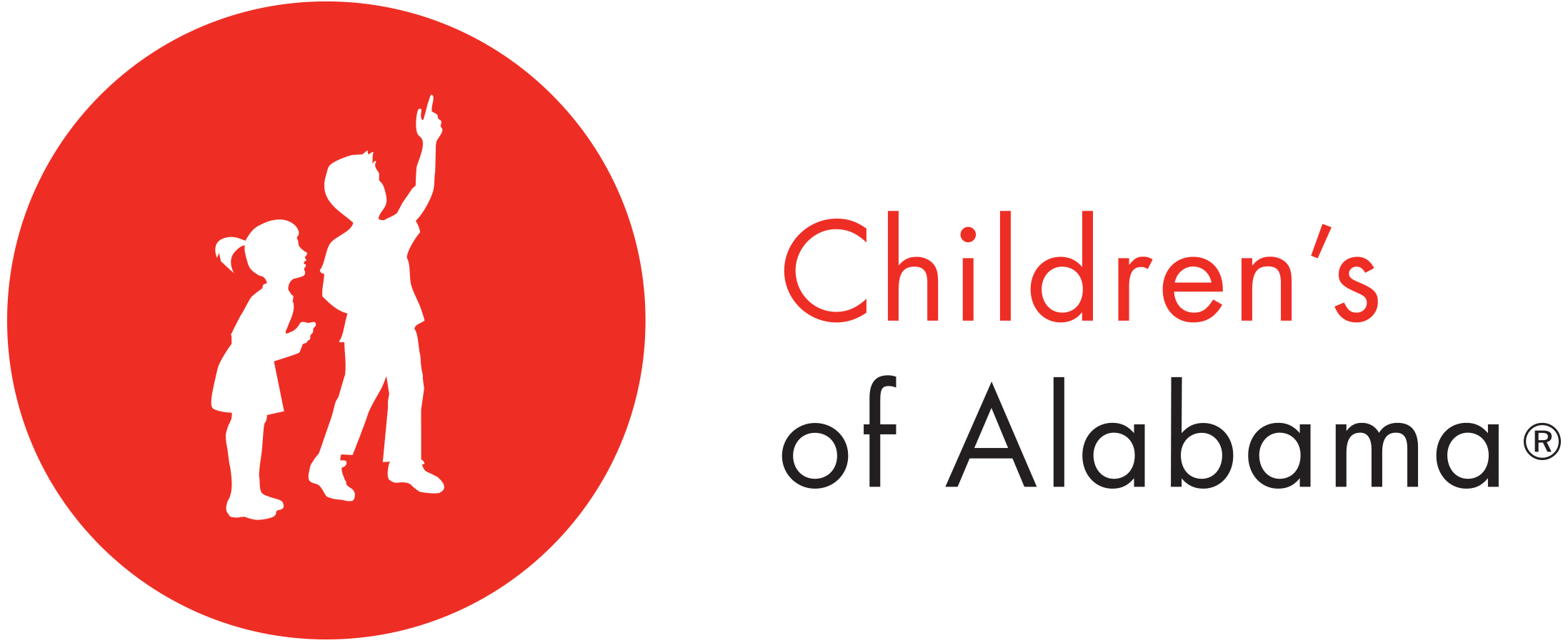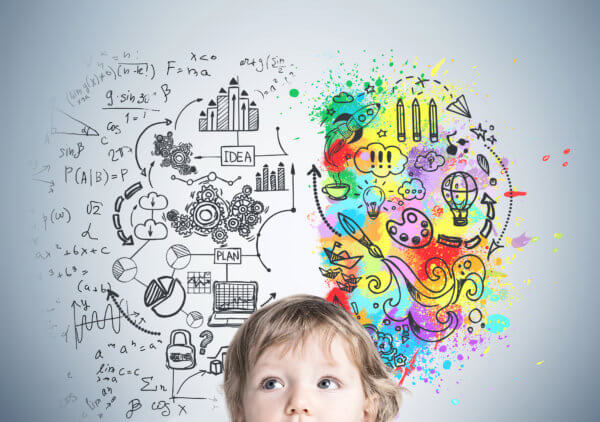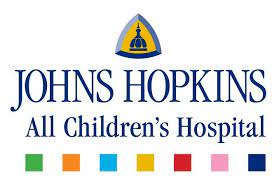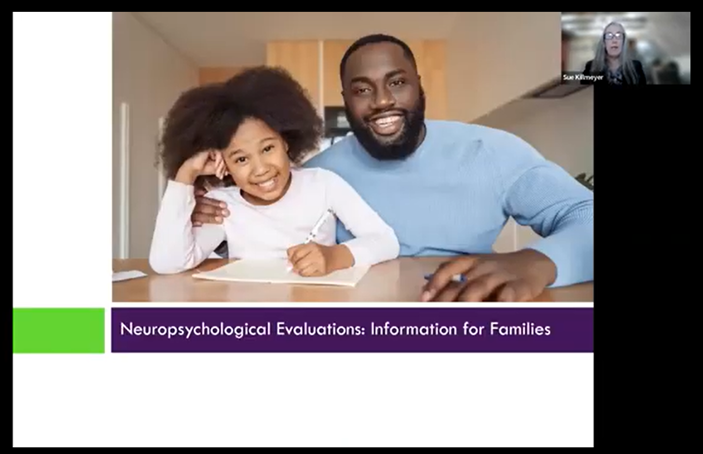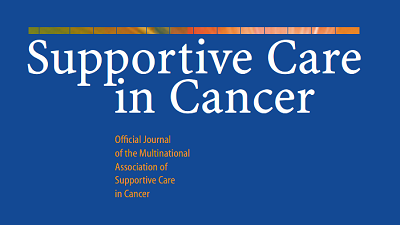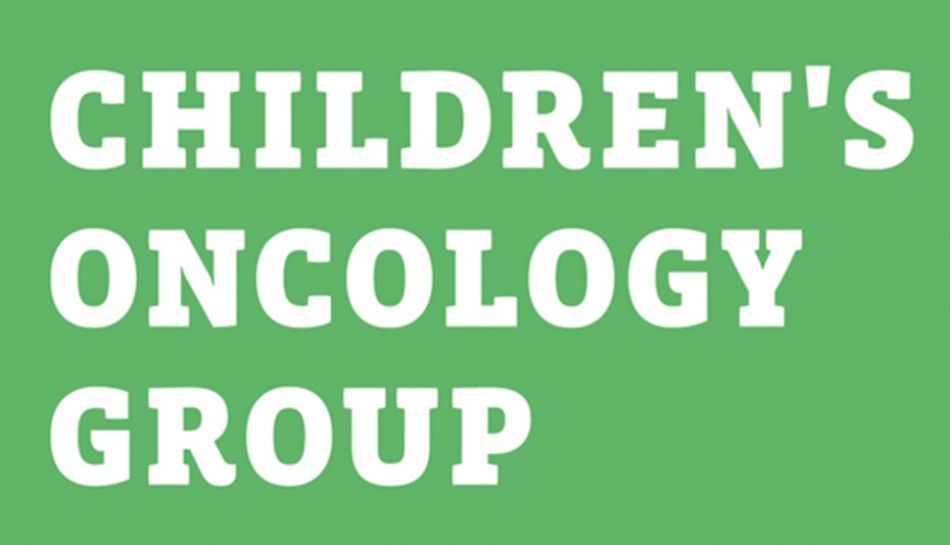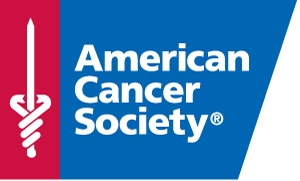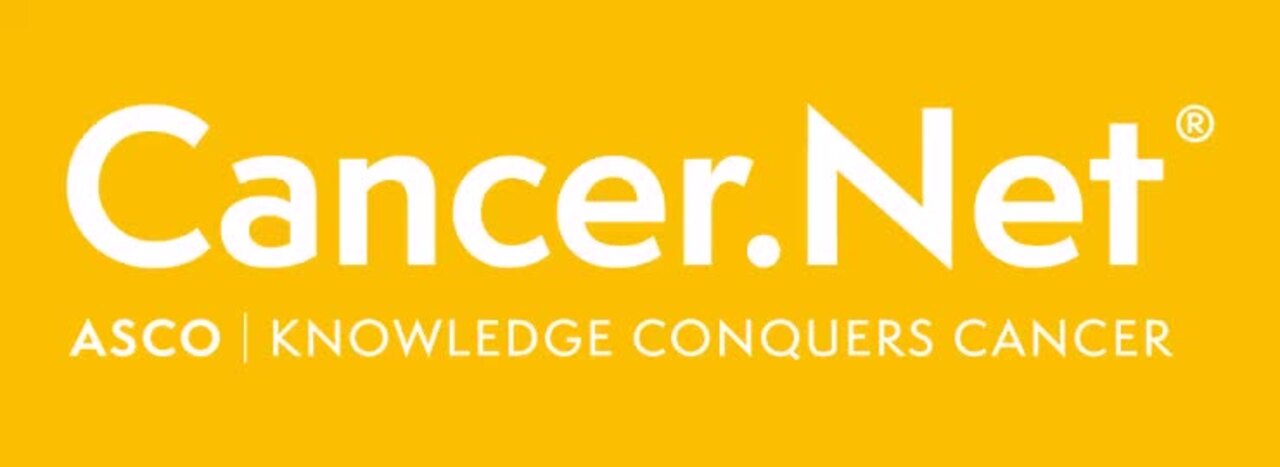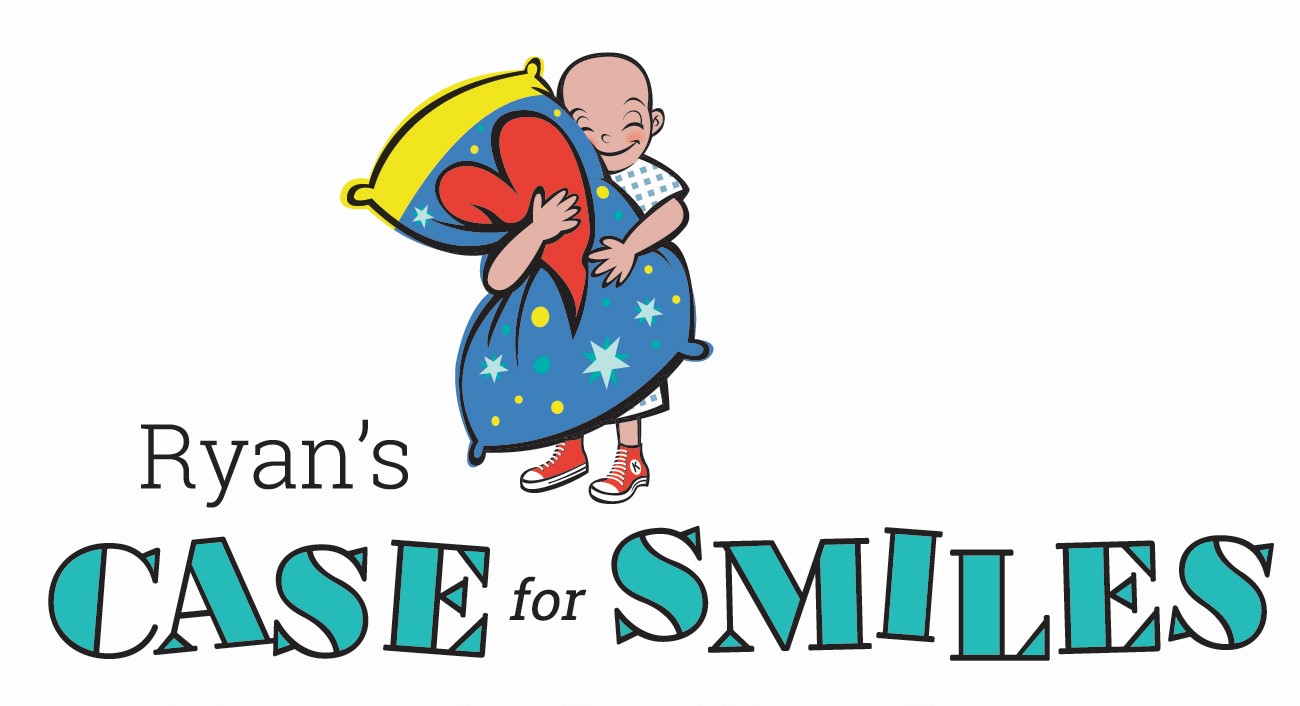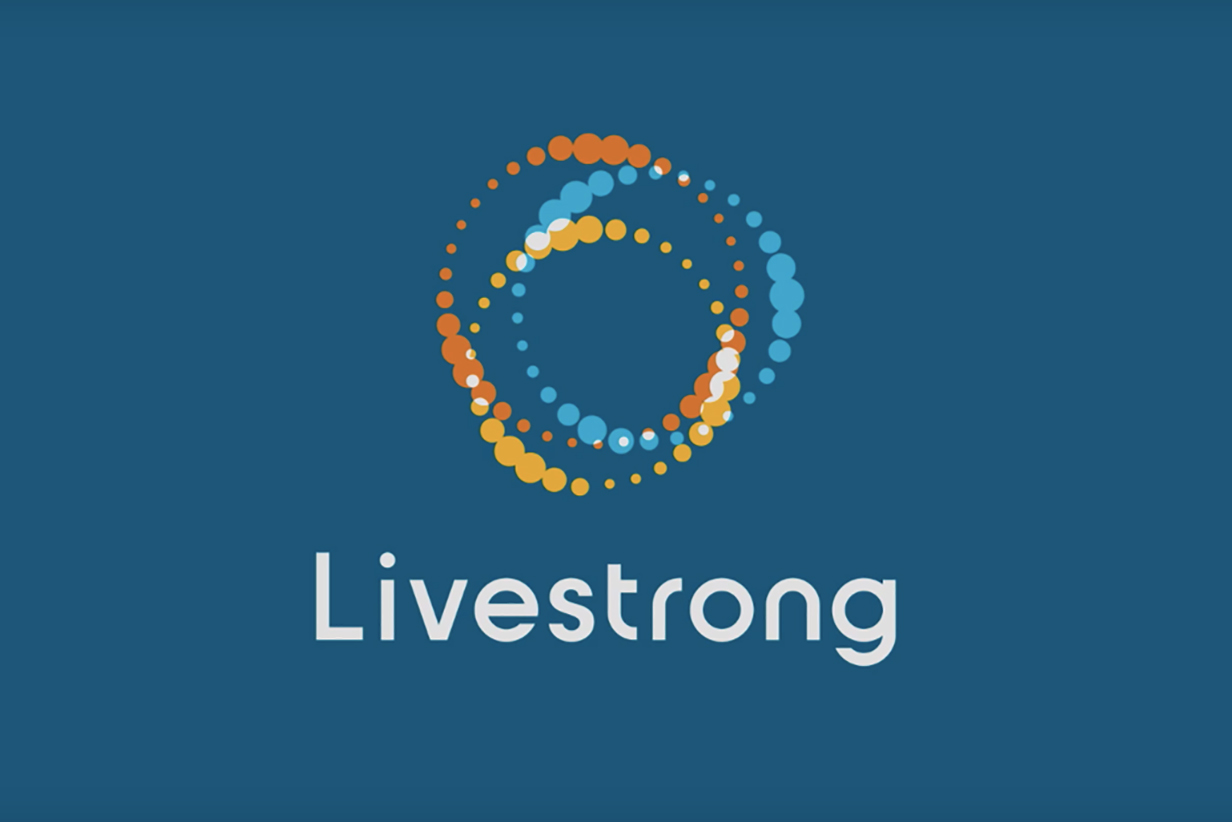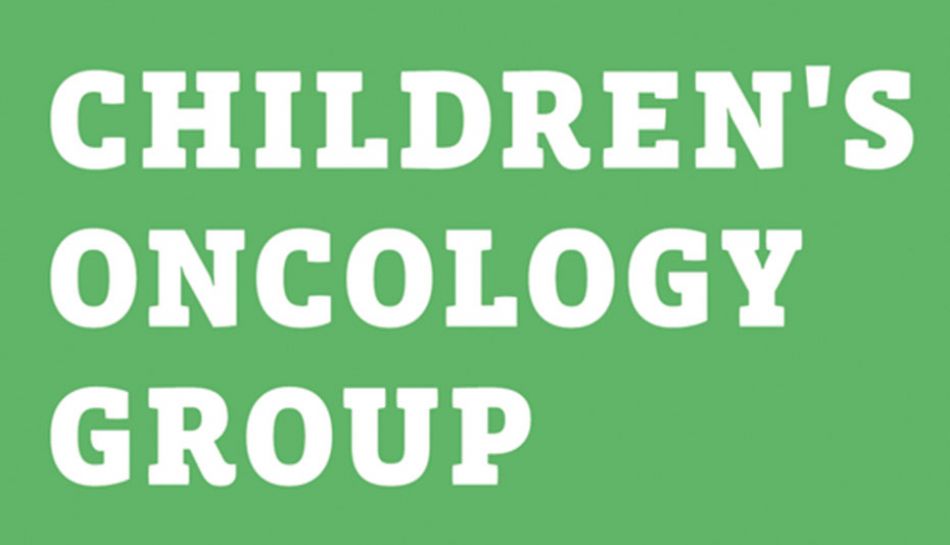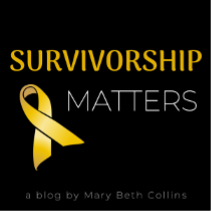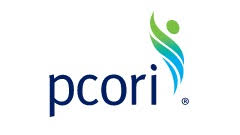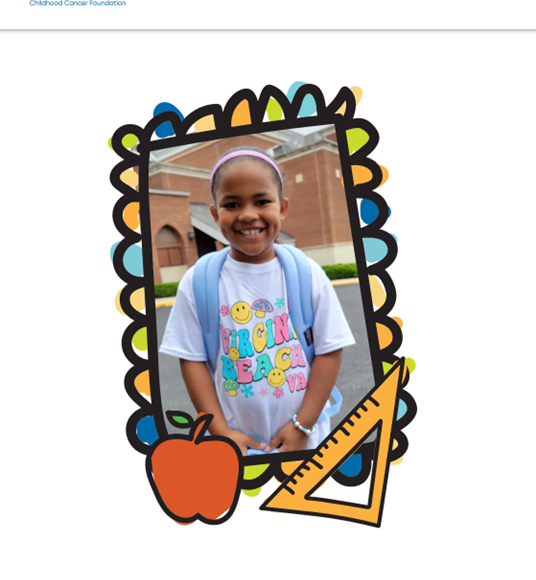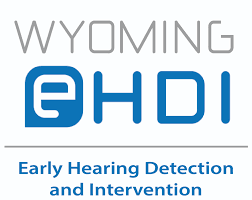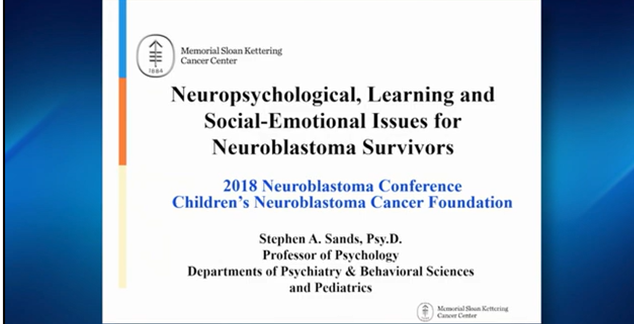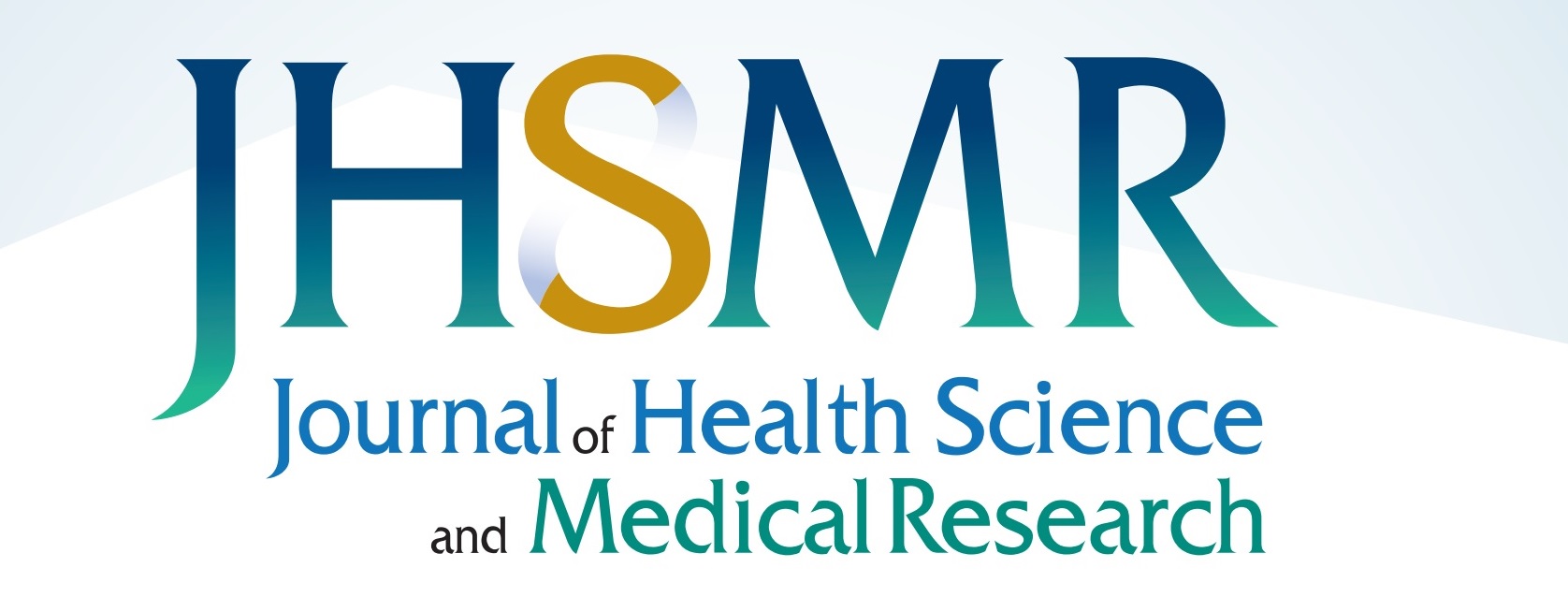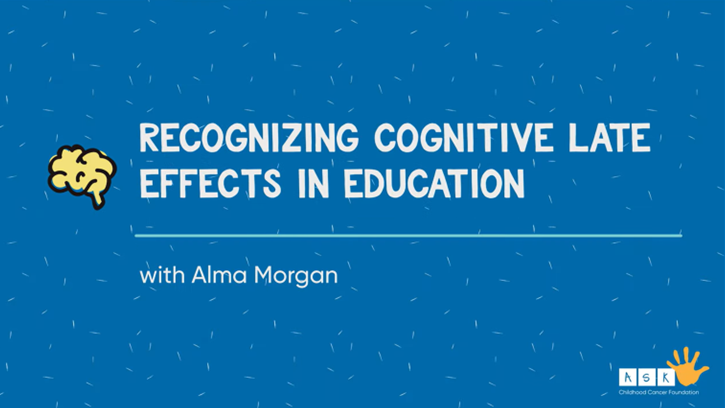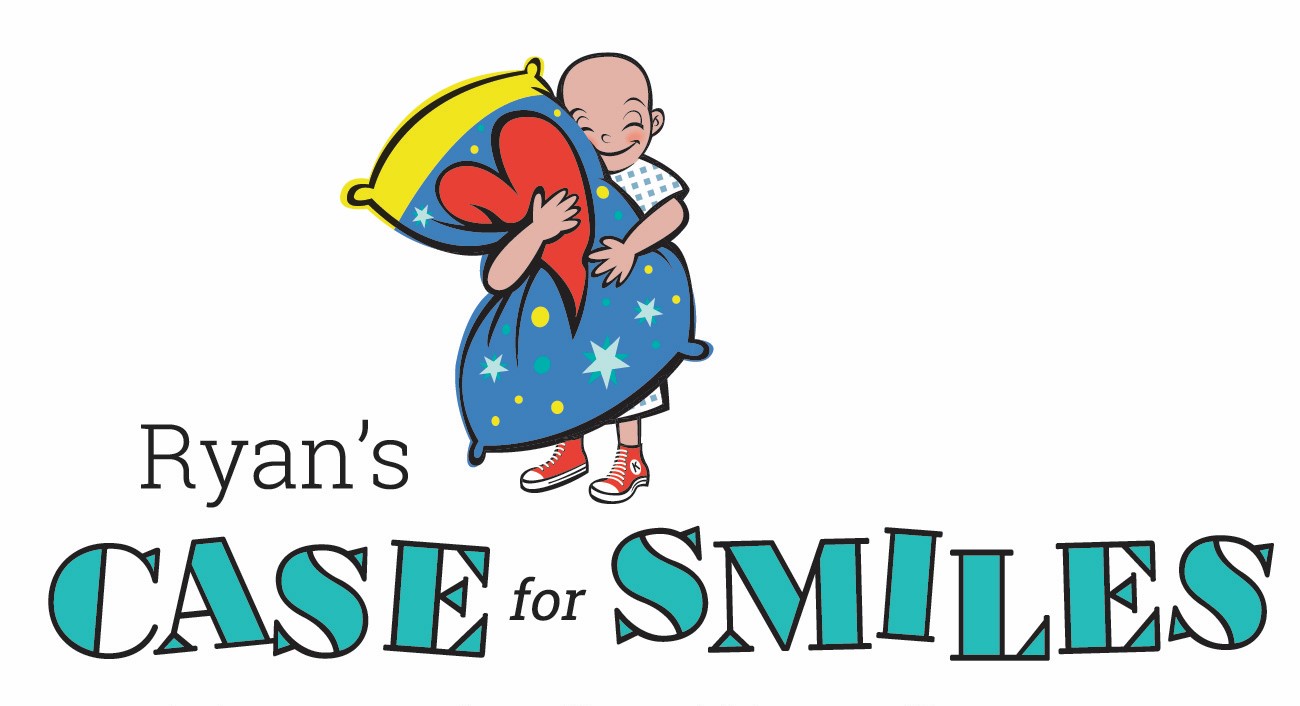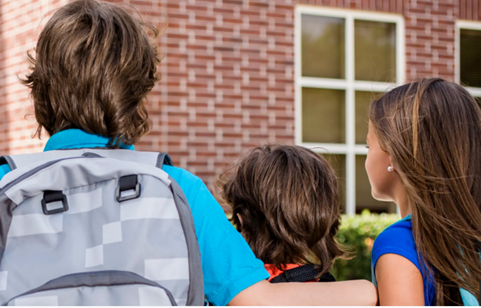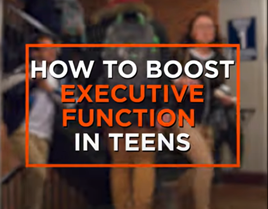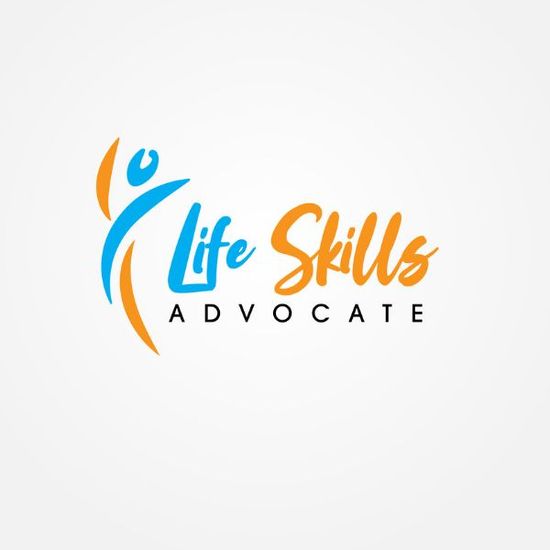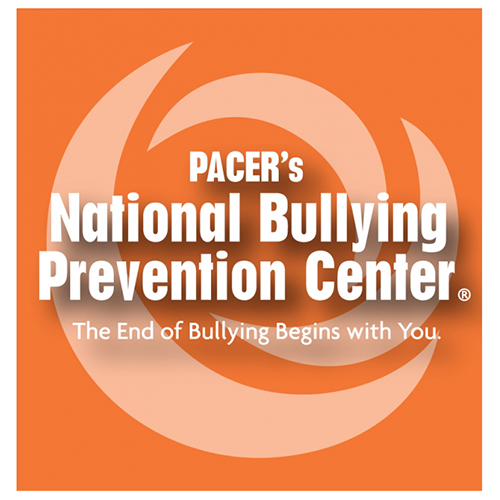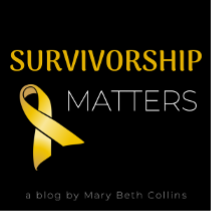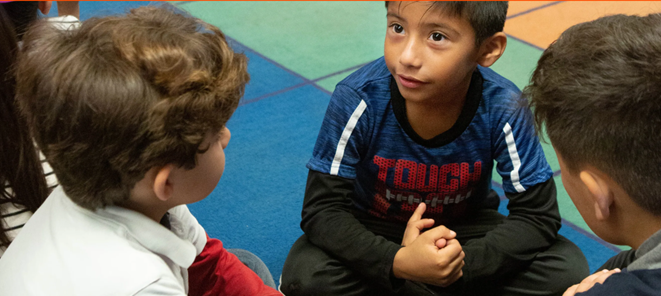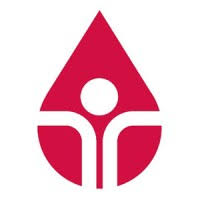
- Home
- /
- Impact Areas
- /
- Survivorship
- /
- CAC2 Survivorship Toolkit
- /
- Educational Guidance and Planning
Educational Guidance and Planning
Education plays a crucial role in promoting the intellectual, emotional, and developmental health and safety of children and adolescents. Childhood cancer survivors often feel like a healthier version of themselves when reunited with friends and returning to the regular routine of school. However, survivors may face unique challenges due to physical, emotional, and/or neuropsychological challenges related to their treatment. To support survivors and their families, it is important to educate them about typical developmental milestones, potential challenges, and the assistance available to help them navigate their academic journey.
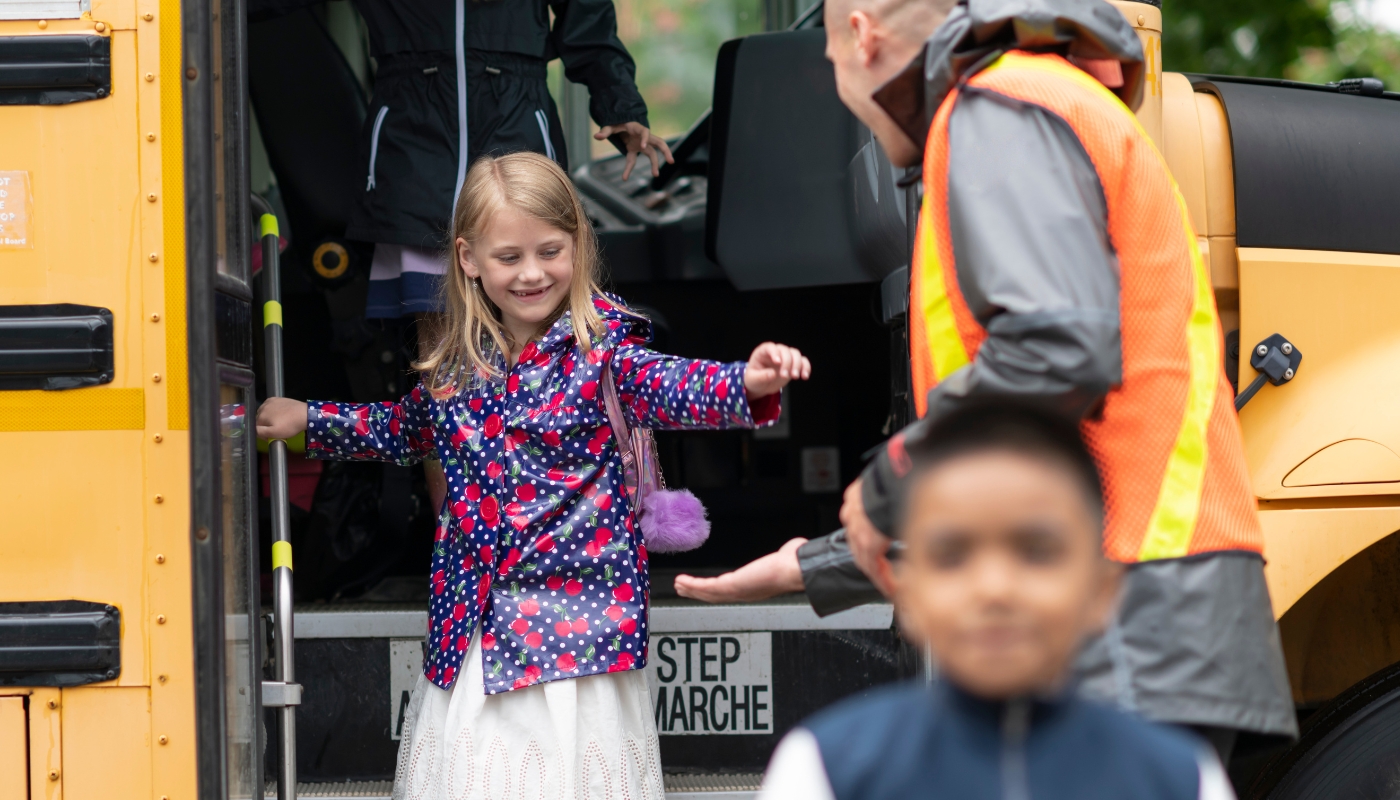
Academic Support
By the time childhood cancer treatment is completed, parents often feel that they have perfected parental advocacy in the medical community. Transitioning from advocacy in the hospital to advocacy in the academic environment can be difficult, as parents often want to continue to rely on the methods that have worked so well to support their children medically. The academic landscape differs from the hospital and depends on different processes and available options. Parents may need to familiarize themselves with programs created by the federal government or by their child’s school system and develop new strategies. Parents may need to encourage collaboration between their child’s medical team and academia to address issues that accommodate their child. Parents are their child’s strongest resource, and often must strongly advocate a method effective in the school setting to ensure that their survivor receives the best support and accommodations in school.
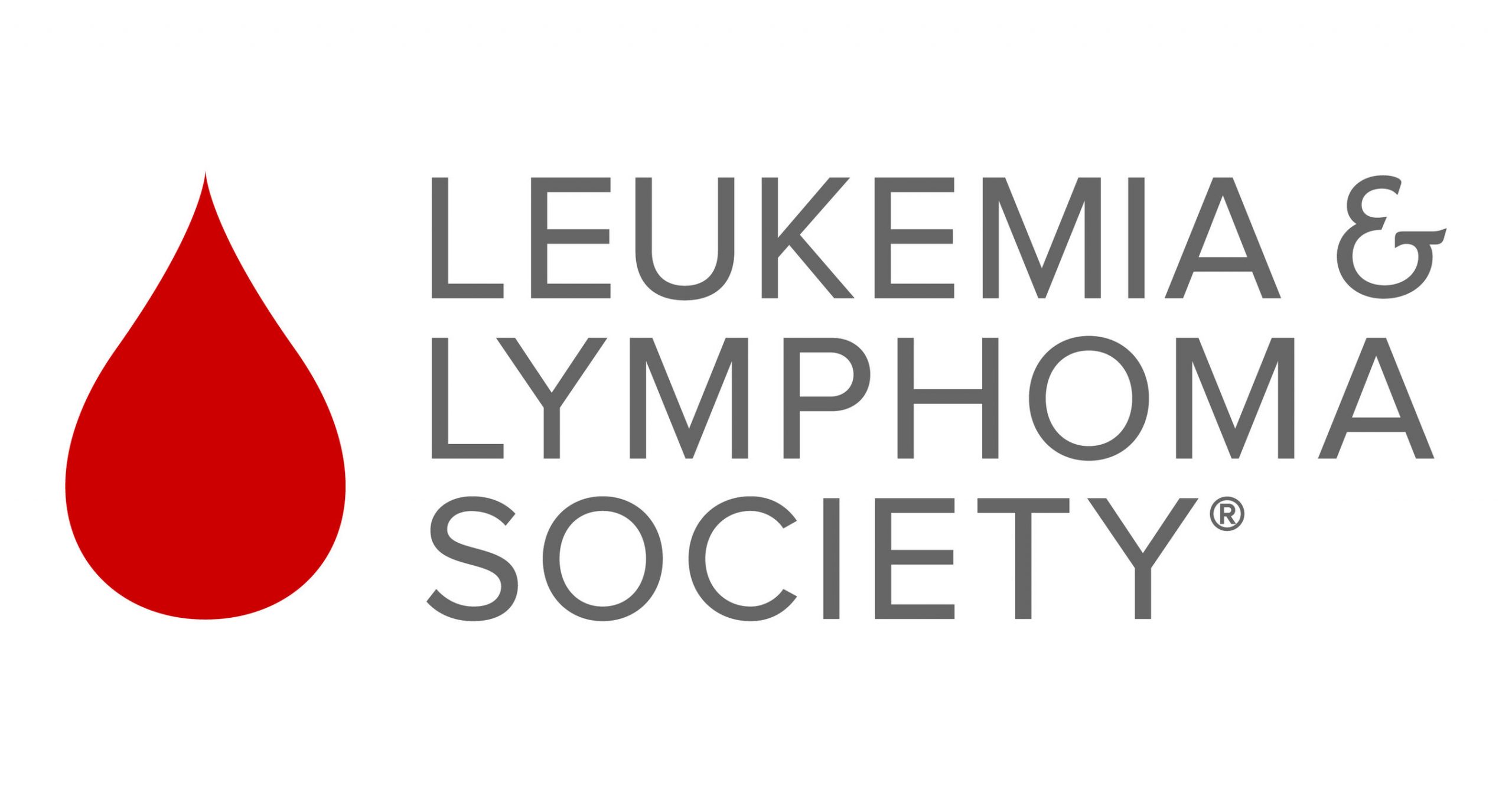
Staying Connected: Facilitating the Learning Experience During and After Cancer Treatment: IDEA/504/ADA Comparison Chart
Neuropsychological Testing
Neuropsychological testing is part of some, but not all, children’s post-treatment care plans. Yet, regardless of medical need, it may be a valuable tool in determining the strengths and challenges of basic brain function. This information is often valuable for children who may experience challenges in the academic setting. A battery of tests will be determined, based upon the needs and concerns of the child. If the testing isn’t already part of the care plan, parents considering neurological testing should still coordinate with their child’s medical care team, instead of having the testing take place by school evaluators or private experts. Childhood cancer survivors need to be evaluated by someone familiar with the impact of cancer treatments on the developing brain. The test results can provide valuable insights into the survivor’s brain capability, identify challenges, and offer recommendations for supporting the child.
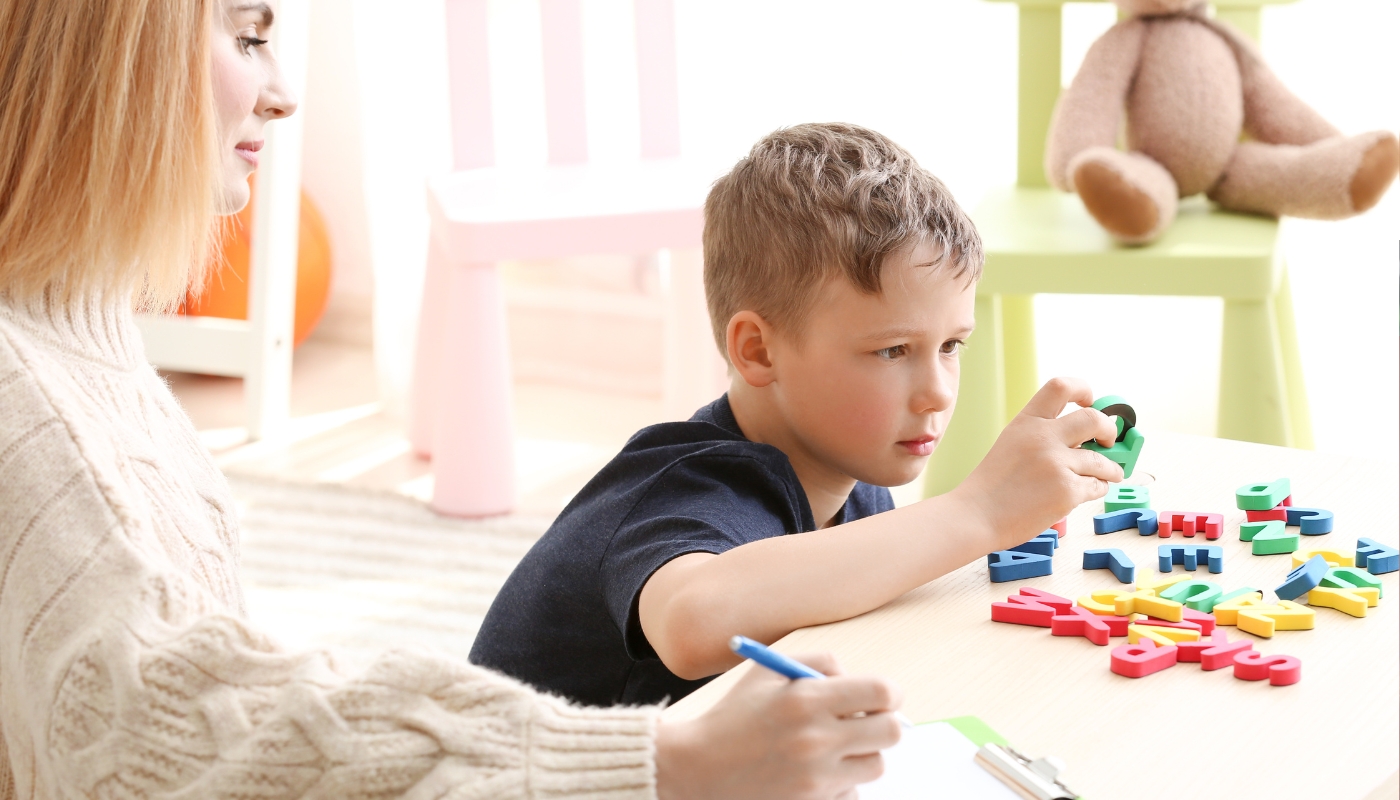
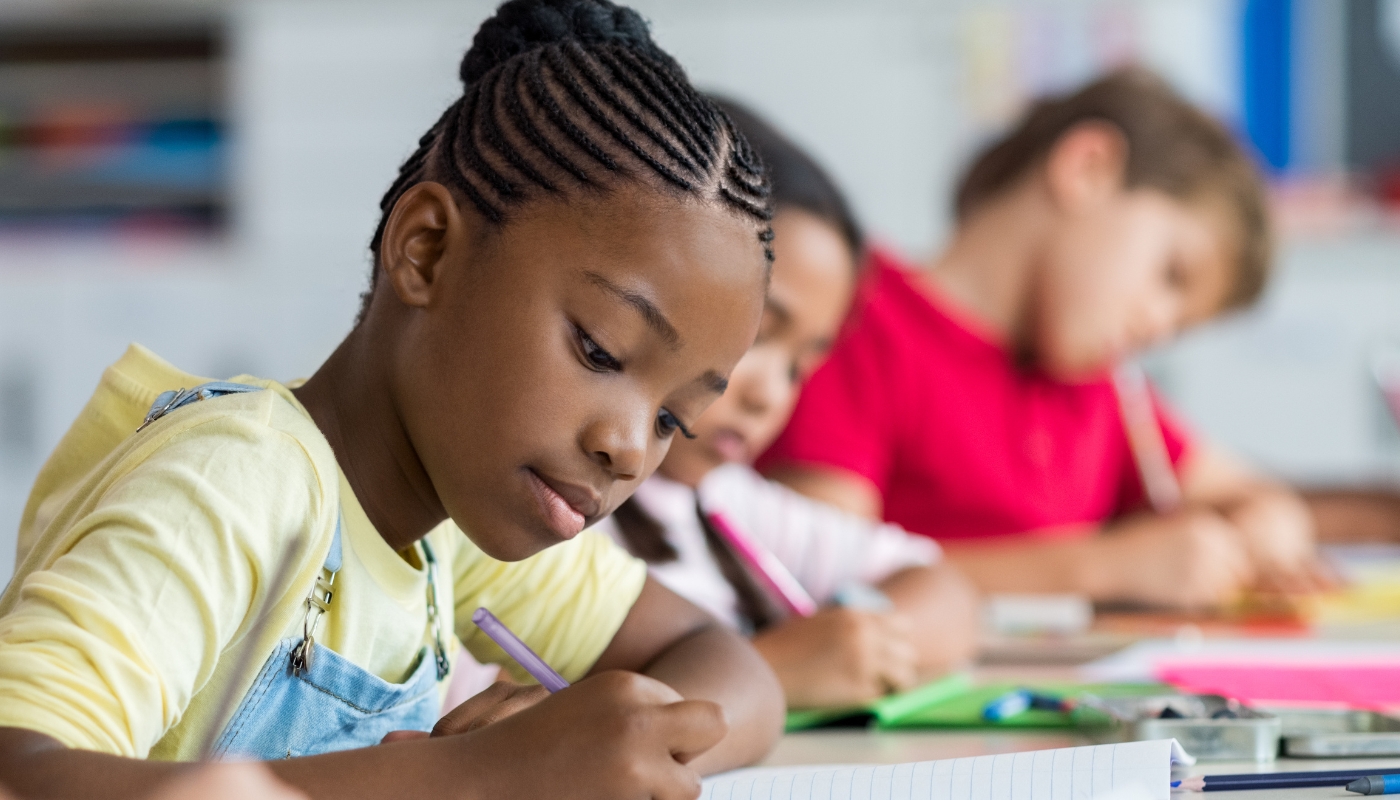
Influencing Academic Success
Returning to school – or seeking developmental support for children aged five years and younger from their local elementary school – can be challenging for children who have just completed treatment, especially if continuing to experience side effects. Changing schools, due to relocation or transitioning between elementary to middle school or middle to high school, can also pose some unique challenges. Once parents have created strong partnerships with teachers, the school nurse, and/or the IEP/504 team, it can be difficult to say goodbye and start over with a new team at a new school. Side effects and chronic health issues may result in excessive absences, the need to establish home/hospital support, and may even evoke bullying from peers. Some families consider alternative options, such as special needs private schools, charter schools, or homeschooling. Learn more about how families can support the academic success of childhood cancer survivors, and how students can become more empowered in the process in high school.
Scholarships
CAC2 provides a list of scholarship opportunities for childhood cancer patients, survivors, and their siblings.

Frequently Asked Questions
After finishing treatment, it has been difficult for my child to return to school. The work seems pretty hard, and we are having a tough time. Why is this happening?
This can be a common problem for childhood cancer survivors who have missed school during treatment. Some survivors may experience neurological challenges from chemotherapy, radiation, and/or surgery. Other children may suffer from chemo-brain, a term used to describe the thinking and memory problems that can typically take 9 – 12 months or more to resolve. Additionally, if children have experienced hearing loss, it can interrupt the entire hearing, reading, and writing process critical in the academic environment. These challenges can hamper a child’s ability to learn, process, and understand assignments. They may have trouble breaking down assignments into smaller, more reasonable tasks, completing assignments on time, or remembering to turn in assignments.
The trauma of the cancer experience can create an unsettling feeling when returning to normal activities. It may take time to feel comfortable in school and with friends and family who were not close during treatment. Fellow students unfamiliar with what has happened may ask survivors questions, treat them like royalty, or be afraid to be near them. Learning and socializing can be difficult for a while, as kids and teens return to a regular school routine.
How can I successfully transition my childhood cancer survivor back to school?
The ASK Foundation, with the help of the Virginia Department of Health and the Centers for Disease Control and Prevention, has created the CHILDHOOD CANCER EDUCATION TOOLKIT for patients and survivors returning to school. The toolkit includes specialized sections for parents, schools, hospitals, and a video with additional guidance.
LEARN MORE
Our pediatric oncologist mentioned that my child will need to have a neuro-psych. What is it? Can it help my child overcome some of these problems we are struggling with in school?
A neuropsychological evaluation, also known as a neuro-psych or neuropsychological test, is common for children vulnerable to cognitive functioning changes. The evaluation consists of an in-depth assessment of skills and abilities linked to brain function. It measures and evaluates thinking, behavior, and social-emotional functioning. Beforehand, evaluators will review medical records and collect information from parents, teachers, and doctors. The evaluation takes an entire day with your child, or two half days for younger children. Some survivorship plans include neuropsychological testing to monitor for potential late effects of treatment. If neuropsychological testing isn’t in your child’s plan, you can request testing if you have concerns about cognitive functioning. Your medical team should schedule the evaluation, as they will make sure to arrange evaluators who understand the unique effects that chemotherapy, radiation, and/or surgery can have on your child’s developing brain.
After the testing is complete, the evaluator will schedule a meeting to review the findings and provide a recommendation report outlining your child’s strengths, areas of challenge, any additional diagnoses, and how to best support your child.
What is the difference between an IEP and a 504? How do I know which to request to help my child in school?
An IEP is an Individualized Education Program (sometimes referred to as an Individualized Education Plan). It is available through the public school systems and most charter schools. It is a customized approach to support your child’s education and details the special education instruction, support, and services your student needs to thrive in school. Federal law requires that children three years and older diagnosed with one of the named conditions (including cancer) who are not performing at their peers’ level qualify for this such support. The plan expires the day the student leaves the education system.
A 504 plan is a civil rights provision that respects a child’s right to learn in school. It guarantees equal access to education by providing accommodation and/or the removal of obstructions to learning to support children with disabilities who face barriers. The 504 plan is a lifelong document, and any entity receiving federal funding must adhere to its requirements. When students graduate, it is important to maintain the 504 for lifelong support and accommodation when needed.
How can someone bully my child after everything that has happened? How can I protect my survivor from bullying?
Sadly, children with cancer are 60% more likely to be bullied than their healthy classmates. This bullying can be verbal and emotional abuse, physical aggression, exclusion from social groups, and cyberbullying. Bullies frequently target powerless individuals who have done nothing to deserve it! You can read a SURVIVORSHIP MATTERS BLOG written by a parent of a survivor about her son’s issues with bullies and how he overcame his fear of them.
My friends are busy talking about their plans for colleges and jobs after graduation, and I’m struggling with so many side effects. I don’t even know if I can graduate! I am just so scared. I don’t know what to do.
Dealing with side effects after treatment, or evolving late effects as a survivor, can be very difficult at times. Support is available to help you learn how to become a stronger self-advocate, where to turn for more support for the health issues challenging you, and who can help discuss transitioning options after high school.
Do you have any feedback/ suggestions/ recommended resources?
"*" indicates required fields
